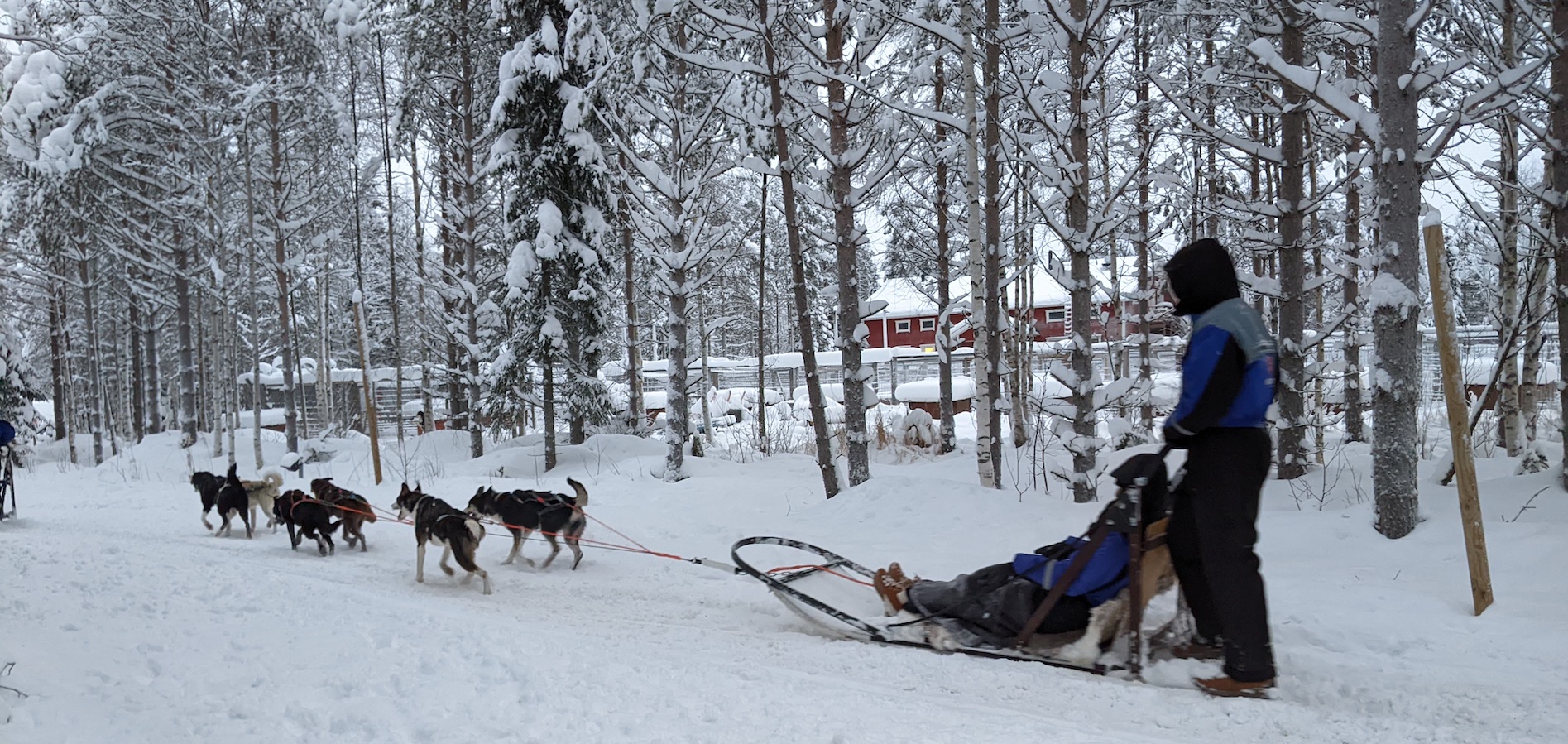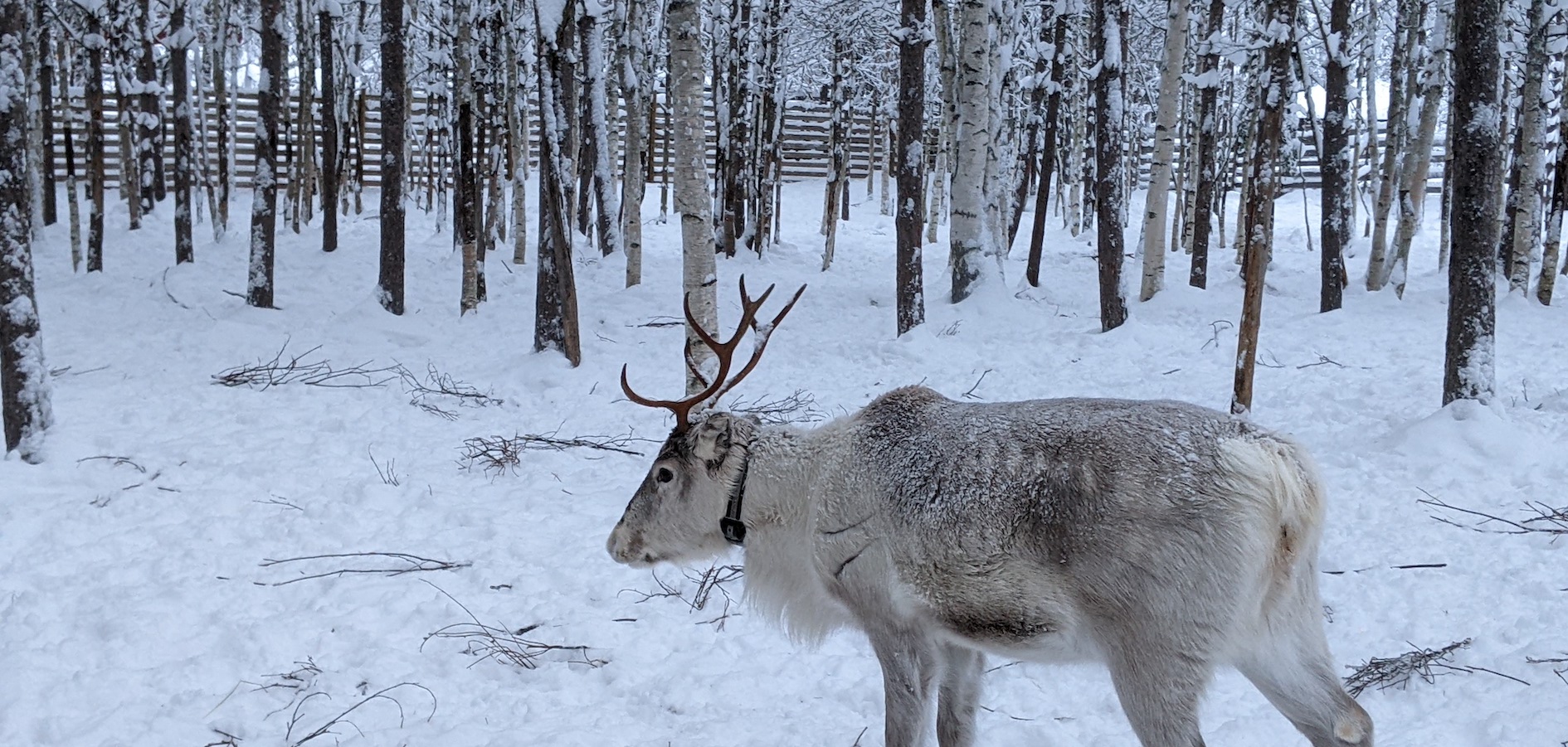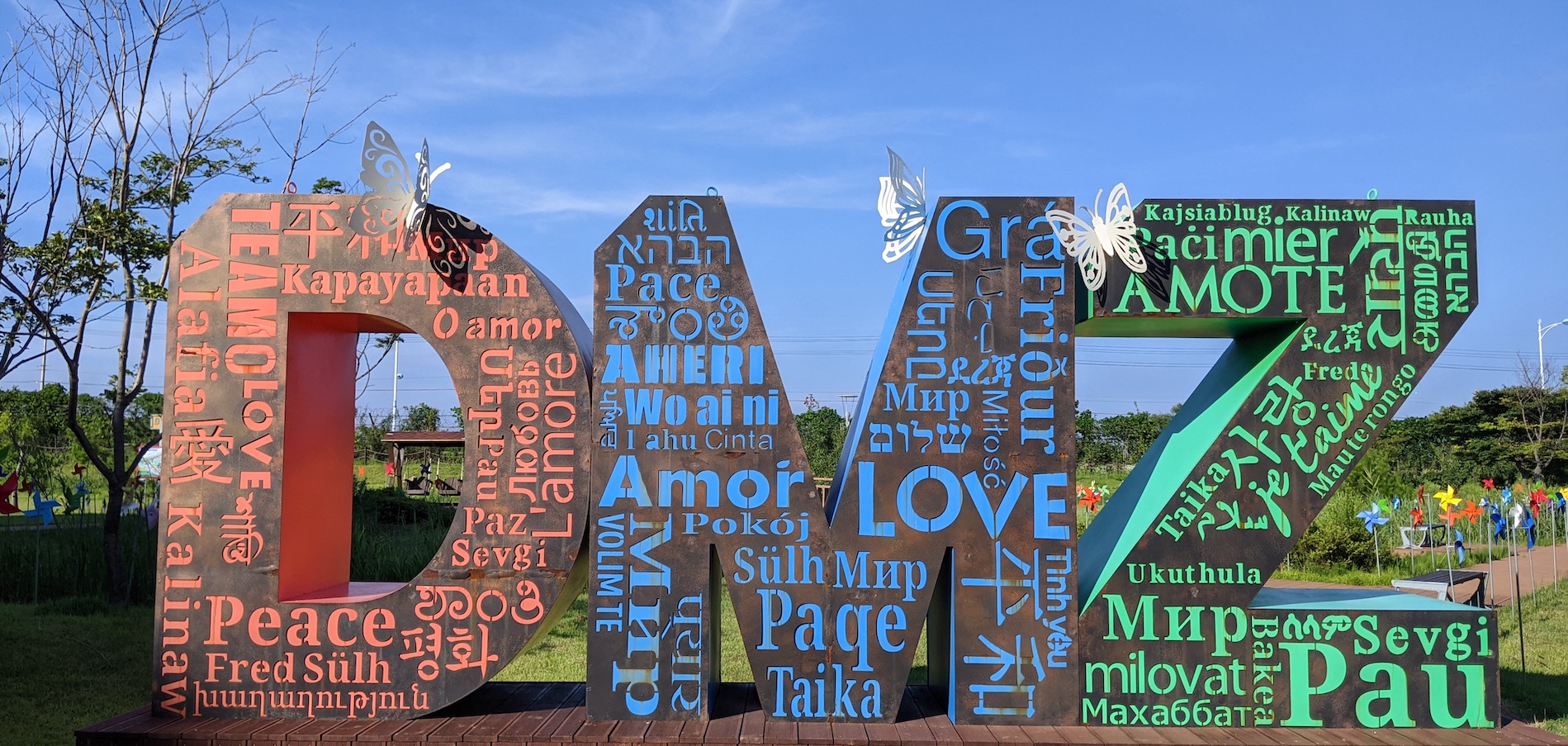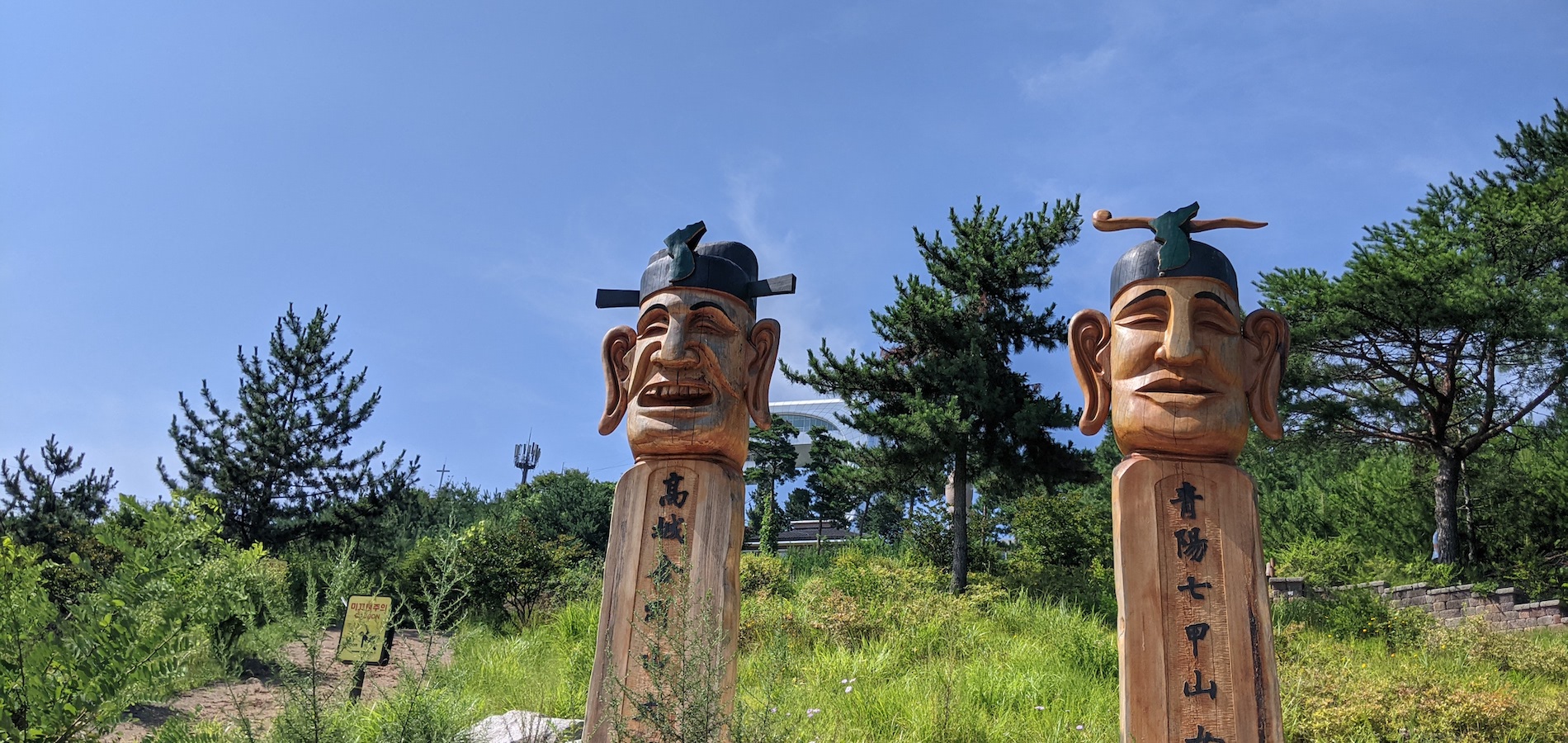Welcome
Thanks for visiting Expat Heather! I’m an international educator, writer, and expat mom currently living in South Korea. On this site you’ll find things about living abroad, teaching in international schools, travel, hiking, and expat life.
For the aspiring English language teacher, choosing a certification program or degree can seem a bit mind boggling if you can’t get your head around all the acronyms. Read on to understand the basic differences between TEFL, TESL, TESOL and TEAL.
Teaching English as a Foreign Language (TEFL)
TEFL programs were originally designed to train teachers to teach students in a native English-speaking environment. English as a Foreign Language (EFL) refers to situations where language students use English in countries like America, Canada, the U.K. or Australia. It is assumed that students have English being spoken around them and are immersed in an English language culture. EFL students would include recent immigrants, tourists, and exchange students.
Now that the scope of English language learning has widened, new acronyms have been coined to describe the more global usage of English.
Teaching English as a Second Language (TESL)
ESL is currently the most common way to refer to English language learning programs around the world. Terming English as a ‘second language’ rather than a ‘foreign language’ changes the focus from learning English to visit or live in English-speaking countries to learning English for the sake of using English anywhere in the world. Whereas EFL curricula may have focused on useful terms for tourists, ESL curricula focuses more on everyday language for normal people.
Teaching English to Speakers of Other Languages (TESOL)
With the coining of ESL, teachers were quick to point out that for many students English was not a ‘second language,’ but a third, fourth or even fifth language. Many English language learners are already bilingual, so referring to English as a ‘second language’ isn’t correct in many cases. Hence ESL became ESOL, and TESL became TESOL. Most Master’s level programs you’ll find are termed MA TESOL as opposed to MA TESL or MA TEFL. TESOL programs tend to be more in depth than basic TEFL or TESL certifications.
Teaching English as an Additional Language (TEAL)
EAL is the least common acronym of the four, but it seems to be coming in vogue at international schools around the globe. The term is actually pronounced as if you’re saying all three letters : E – A – L, so it’s not an acronym in the true sense. Its full name is shorter to say than Teaching English to Speakers of Other Languages, and it’s meaning is more concise: Teaching English as an Additional Language. No matter if your students can already speak one, two or even several other languages, English can be considered an ‘additional language.’
What should you get certified in if you want to teach English overseas or at home?
Basic certification programs in TEFL, TESL, TESOL, and TEAL are all very similar. If you’re at home or abroad, the concepts and strategies used to teach English will not differ too much. TEFL certification is still a doorway to English teaching abroad even though its name refers to teaching English in English-speaking countries.
I have a TEFL certification, but I have taught ESL at the University of Massachusetts. The majority of the students were learning English as a ‘foreign language,’ as they were immigrants or students in a foreign land. Since the term EFL has widely been replaced by ESL, the course was called an ESL course. This wasn’t correct in all cases, as many of my students already spoke two or more languages fluently. The class could have just as easily, and more correctly, been called ESOL or EAL.
Although my certification is in TEFL, I have spent time teaching for an MA TESOL program and I have applied for positions in EAL. Just because your certification has one name, don’t feel that you can’t apply for jobs or teach in programs that use the other terms. Teaching English to students who don’t know the language is a similar experience whether it’s called EFL, ESL, ESOL or EAL.
Sadly, this post was inspired by an Italian man who was attempting to drive overland from India to Italy. He got stuck in Pakistan, crashed at our place for two months, and ended up owing half a dozen people a few thousand dollars each (which he hasn’t paid back a year later). His first problem was that he didn’t even know where he was on a world map. His second problem: he only spoke Italian and had no language phrase books or anything to help him communicate. Subsequent problems: He was driving an old Fiat RV (pictured above) that stuck out like a sore thumb and couldn’t be fixed anywhere (no Fiat parts available), and he had no money. He was basically a travel emergency waiting to happen.
Not everyone who travels abroad is as travel-savvy as they think they’d like to be, and even the most experienced travelers can attest that a wealth of knowledge can be learned from the worst blunders.
Be Informed
The cardinal rule of world travel should be this: If you can’t find the country you’re going to on a world map, don’t go there, and certainly don’t plan to drive there yourself. You need to know about your intended destination and where it is. If you only have a two-day stopover in Paris, there’s no need to learn French or read lengthy historical essays about the French Revolution.
On the other hand, if you are planning an extended trip to a country that has a culture very different from your own, it’s best to do some background reading beforehand. Did you know in India it’s rude to show the sole of your foot to someone? In some cultures, eye contact is considered rude, inappropriate, or as a way to show you’re interested in someone of the opposite sex. Guidebooks offer helpful to tips to prevent you from getting yourself in trouble for a cultural faux pas. In some countries, you can even get arrested. Hear the story about the kissing tourists arrested in India? You don’t want your name to end up in the headlines.
Aside from cultural differences, you need to know about safety conditions, basic costs, visas and visa restrictions, weather, and what types of transport are available. Many countries do not offer visas on arrival, and waiting for a visa to be issued while en-route can cost you lots of time and money. If you have a multi-stop trip, be sure to find out about visa procedures for each country before you set out. Sometimes, you can only get visas from your country of origin, so it’s best to get these before leaving home.
Have Your Finances in Order
There are lots of blog posts out there about how to travel on a low budget. Leon Logothetis of Fox’s “Amazing Adventures of a Nobody” may think it’s cool to travel on $5 a day and mooch off other people for the rest of his expenses, but if you’re a responsible traveler you certainly won’t look to him as a role model. Wouldn’t you rather contribute to the economy of the country you’re traveling in, rather than freeload off the local people and create a bad image for other travelers?
In some places it’s dirt cheap to travel, while in other countries it can be painfully expensive. You could have a two-week holiday in Thailand for roughly the same costs as two nights in London, and you need to know what basic costs will be before you set foot out the door.
Many a traveler has been stranded for lack of money. If you’re not planning to get a job overseas and earn some money (which requires proper work visas in most places), you’d better budget yourself enough money to get home and for any emergencies.
Give yourself at least two ways to get money from home, carry cash and an emergency credit card. Dollars, Pounds Sterling and Euros are good currencies to have on hand. In some places ATMs are not available and you’ll need cash for your whole trip. Buy a money belt so you can conceal your money safely, and never leave money in hotel rooms or out of your sight. Traveler’s checks aren’t worth using much anymore with ATMs around, and they certainly aren’t worth the hassle in developing countries. Talk to your bank beforehand about ATM charges and make sure to set up online banking so you can monitor your account while overseas.
Be Prepared for an Emergency
Carry the names, numbers, emails and addresses for a few close friends or family who can help you out financially in case you really get in a bind. Western Union does charge a fee, but it’s fast and offices can be found in most major cities throughout the world.
Before you leave, give your itinerary to at least two people. You may not stick to it exactly, but if nobody hears from you for a while at least they’ll know where to start looking.
Carry a small medical kit with you. Include bandages, gauze, a needle and thread, band-aids, plastic gloves, disinfectant, painkiller, antibiotics (like Flagyl, good for stomach issues), water purification tablets, nail clippers, a Swiss-army style knife and anything else specifically needed for your trip.
To sum it all up: Know where you’re going. Have your visas in order. Don’t offend the locals. Bring enough money. Have an emergency plan. Pack your emergency/disaster kit. Have fun!
Overlanding refers to traveling by land from one destination to another. It is not simply your weekend road trip, but usually involves a large distance and most of time you’ll cross more than one country. Marco Polo’s travel from Venice to China serve as an example of an adventurous overland trip. Nowadays, solo travelers or groups plan overland trips as a form of adventure holidays.
The Route
The first thing you’ll need to do is choose your route. You’ll need to think about how much time you have and see if your route is doable during that time. True overland journeys avoid air travel, unless the purpose is only to get you to the start of your destination or get you home afterwards. You can use ferries for short jaunts, such as crossing from Spain to Morocco, but most overlanders would consider it ‘cheating’ if you use sea travel to bypass a country you would have otherwise had to cross on land.
When you know what route you’ll be taking, google for blogs of others who have gone before you. Reading about others’ experiences will help you know if public or private transport is best for your route, how much things cost, and any potential hold-ups you could face along the way.
Visas and Regulations
When your world map has the master route drawn on it, you’ll need to do some serious homework on visas and other regulations that might stop you in your tracks. Travel to many countries involves visa formalities, which are not always easy, cheap or straightforward.
Do you get a visa on arrival? Can get a visa on arrival at all land crossings? If you have to get a visa beforehand, does the visa start from the stamp date or your entry date into the country? Is the visa long enough to allow you the traverse the country? Will having stamps in your passport from other countries prevent you from getting a visa in one of your destinations?
If you have an Israel stamp on your passport and you plan to travel in the Muslim world, you’d better get a new passport and forget going to Israel again until the end of your journey. Then, with stamps from Syria, Pakistan, and Iran, you might have trouble getting into Israel.
If you plan on taking your own vehicle, you also need to look at each country’s rules regarding them. Is your vehicle right-hand drive or left-hand drive? Some countries do not allow vehicles with the opposite of the local law. You’d hate to drive for four months and get stuck because you’ve overlooked this small detail.
Money & Finances
Bring plenty of cash and have at least two back-up plans to get money. Anything can happen during an overland journey, and it’s best to be prepared. Take cash in easily tradable currencies like pounds sterling, US dollars, or Euros. Take some of all three if you’re worried about the current financial situation. If the US dollar comes crashing down overnight, you won’t have enough money to get yourself home.
ATMs can be used in major cities in most countries, but your bank may charge a high fee such as $5 per transaction. Check all of this with the bank before leaving. Consider getting another debit card that doesn’t charge a fee, or use it only in case of emergency.
Credit cards can’t always be used to purchase what you need on your overland journey, but they can be used as a backup in case you need to get a flight home at short notice. Traveler’s checks have pretty much phased out in favor of ATMS, and in many developing nations you’ll have trouble cashing them anywhere besides major banks. Even that may be done at a hefty fee.
Above all, do your research and know what you’re getting into. Keep your ear to the ground and listen to locals as you travel. If even the locals advise you that an area is too dangerous for you to cross, consider changing your route. Overlanders need to be flexible and adventurous, but also cautious and wise.
Photo by indigoprime.
Pakistan, the “10th most failed state” of 2010 according to Foreign Policy. Doesn’t look like hell to me.
This week a photo essay based on the ‘Failed States Index’ really got me riled up. Basically, Foreign Policy took one terrible/chaotic/scary photo from each of the 60 countries to make a photo essay called “Postcards from Hell.”
Read my response on Matador Abroad:
Life in a Failed State: A Response to Foreign Policy’s “Postcards from Hell”
Photo by Coty Coleman.
Alright, so I’m the oldest in my family and my parents are really itching to tell everyone they are going to be grandparents, so here’s the news!
Duarte and I are really excited; I’m currently 9 weeks pregnant and if all goes normally, the baby will be due at the end of January.
FAQs:
How are you feeling? I felt fine until the beginning of week 7 and am now in a constant state of nausea. Hoping it goes away by the second trimester!
Was the pregnancy ‘planned’? Anyone who knows me well wouldn’t bother to ask that question! I’m a bit of a plan-aholic. We originally had planned to wait to have a child until we moved back overseas, but then we thought that since I have a much more flexible schedule being a grad student than I will when I’m teaching full-time again that now is a good time.
Are you still going to teach internationally? Yes, we always wanted to raise any children we have in an international/multicultural context where exposure to different languages and cultures is part of life from an early age.
What’s the strangest thing you’ve experienced so far? We went out to eat with Duarte’s family and I had ordered a sirloin burger with mushrooms. While eating the burger, I kept eyeing a side dish of cole slaw that my mother-in-law wasn’t eating. I’ve never liked cole slaw, but for some reason I just wanted to eat the cole slaw instead of the burger! Duarte happily finished off the burger for me.
I’m planning to start up a pregnancy/parenting blog, so when I do I’ll post an announcement here for anyone interested!







Recent Comments